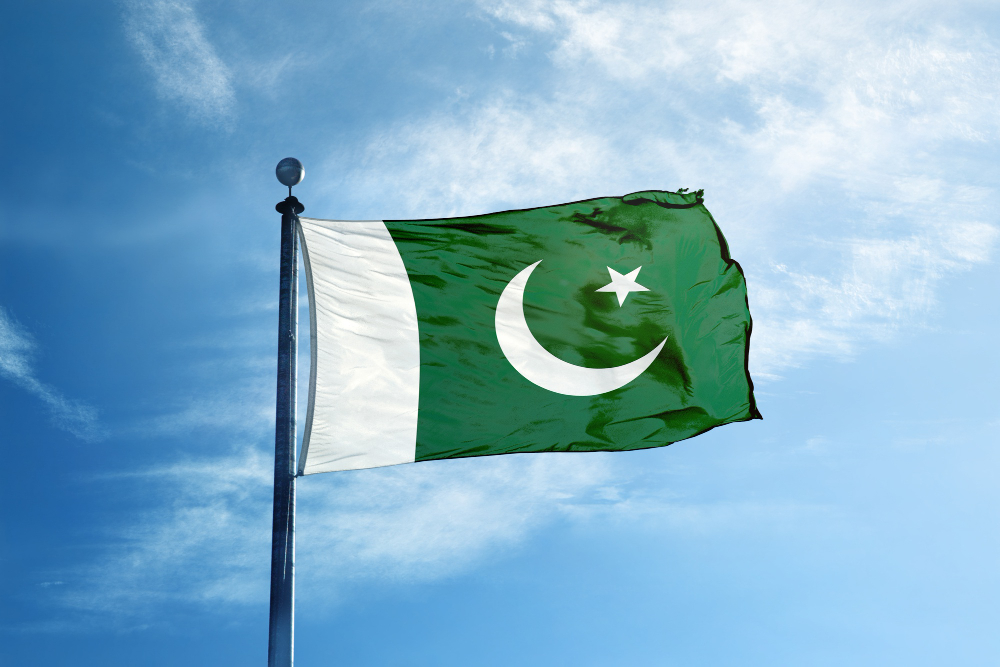Finance Minister: Pakistan Exploring External Financing Options
Pakistan will seek to address its external financing needs through negotiations with foreign governments and lenders to attract investment and secure loan rollovers, according to the finance minister. This effort is part of the country's preparations to implement its new $7 billion agreement with the International Monetary Fund (IMF).
The recent agreement with the IMF, covering a 37-month loan program, has raised concerns among Pakistanis about the impact of proposed measures like increased taxes on agricultural income and higher electricity prices, which could exacerbate inflation and financial strain on lower and middle-income families.
Historically, Pakistan has depended on IMF programs, sometimes facing near-default situations and relying on countries such as the United Arab Emirates and Saudi Arabia for financing to meet IMF-set external targets.
Finance Minister Muhammad Aurangzeb stated in an interview that while external financing remains crucial, the government aims to focus on more sustainable sources such as direct investment and climate financing.
Aurangzeb mentioned, "In the current situation, we anticipate that loan rollovers will continue, and we have requested extensions on maturities."
Pakistan has previously relied on rollovers from long-time allies like Saudi Arabia, the UAE, and China, along with IMF financing, to meet its external financing needs.
The IMF noted that the new Extended Fund Facility program awaits approval from its Executive Board and confirmation of necessary financing assurances from Pakistan’s development and bilateral partners.
Aurangzeb expressed confidence in managing the external financing gap and emphasized a shift towards attracting foreign direct investment, including from the significant copper and gold Reko Diq mine project in southern Pakistan.
He also highlighted ongoing efforts to identify viable projects for Saudi Arabia and the UAE, which have shown interest in significant investments in Pakistan. "Achieving this will be key to our sustainability," he said, adding that failure to execute these plans could jeopardize future programs.
Pakistan has faced economic volatility for decades, with more than 20 IMF bailouts since 1958. As of July 11, it is the IMF's fifth-largest debtor, owing $6.28 billion.
Aurangzeb also noted that the Reko Diq project has attracted interest from the World Bank’s International Finance Corporation (IFC), which has indicated a substantial investment.
During an upcoming visit to China, Aurangzeb plans to discuss proposed power sector reforms with Beijing, which has pledged over $20 billion in energy projects for Pakistan.
Additionally, Pakistan and the IMF have agreed to initiate discussions on climate finance under the IMF’s Resilience and Sustainability Trust (RST) later this year. This follows the severe flooding in 2022, which caused extensive damage and highlighted the urgent need for climate-related projects.
Aurangzeb aims to ensure that Pakistan completes the current IMF program despite political pressures and the inflationary effects of the suggested reforms. He also emphasized plans to privatize struggling state enterprises, including Pakistan International Airlines (PIA).

